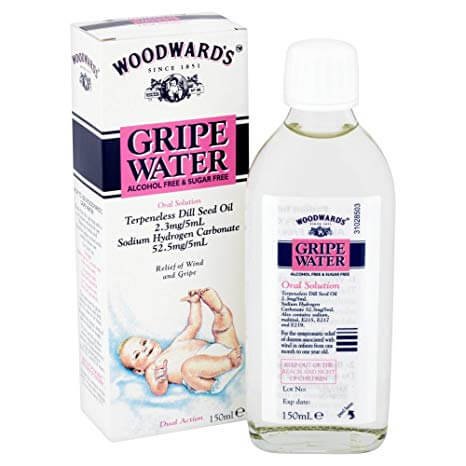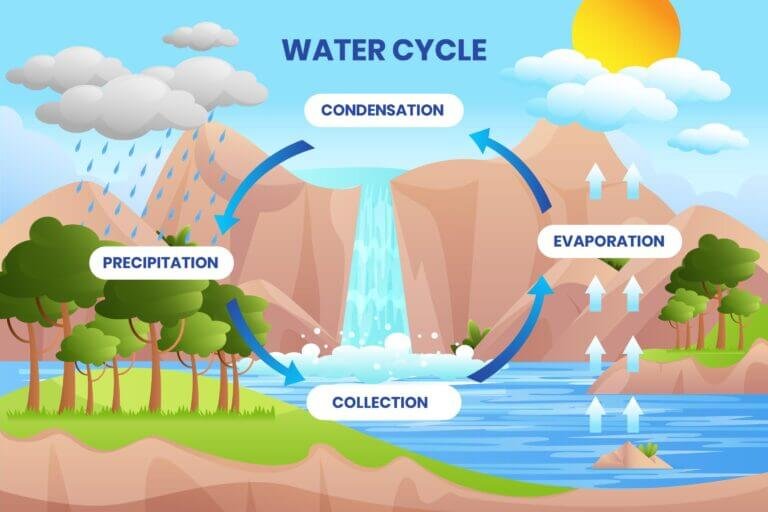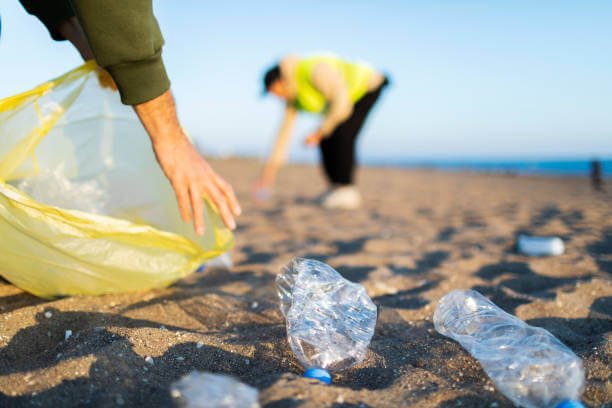How Much Water Should You Drink Each Day? Find Out Now!
You wake up with the alarm ringing, eyes half-open and drowsy. Reaching out for your cup of coffee, you feel that caffeine is the answer to it all. But hours went by, and yet, it still didn’t help clear out your mind. Is this how it’s supposed to be in the morning or is something amiss? Perhaps you need more sleep or a change in your diet? What if the solution is far simpler than that? What if the answer is water?
Most of us pay little attention to the amount we drink in a day, even though water is the most essential part of our lives. We always talk about how it impacts our energy, our mood, and our general health, yet we forget how much our bodies rely on it. So, how much water should you drink a day to feel your best? Let’s find out!
Also Read:- Black Water Benefits: Black Water Price Is Worth the Hype?
Why Hydration is Extremely Important for Our Bodies
While the human body is made up of over 60% water, it’s no surprise that hydration plays an important role in keeping our systems functioning properly. Every cell, tissue, and organ in your body relies on water to function properly.
Water maintains our body at a constant temperature, lubricates our joints, prevents infections, transports nutrients to our cells, and helps our body organs like our kidneys and liver remove toxins. Hydration can even affect our brain functions because research has proven that even slight dehydration impacts our mood, focus, and memory. Even a little dehydration can have an impact on how we feel both physically and mentally.
Adequate hydration is also significant for the digestive and metabolic processes that actually break down food and allow your body to absorb whatever it needs. Hydration also boosts your metabolism and reduces hunger, a perfect addition to any weight loss regime. In this respect, keeping our bodies hydrated is about more than just quenching our thirst; it is simply essential for general well-being.
How Much Water Should You Drink a Day?
I am sure you have heard this age-old saying a thousand times: drink eight 8-ounce glasses of water each day. While the “8×8 rule” is a useful guideline, how much water each needs varies depending on age, gender, activity level, and even the climate in which they reside. So let’s get into the details of how much water to drink a day for different groups of people.
For Children:
Children are frequently more active than adults, so they lose water quickly through sweat and play. For children aged 4 to 8, the recommended daily intake is around 5 cups or 1.2 litres of water. As they grow, they consume more. Children aged 9 to 13 years old drink approximately 7 to 8 cups (1.6 to 1.9 litres) of water each day. Children who participate in sports or live in hotter climates may need more.
Adults:
An average adult should take between 8 and 12 cups of water into his body every day. However, this varies with a person’s size and physical activity level. A more scientific way of determining how much water you should drink during the day is by measuring your body weight in pounds or kilograms. Most men have relied on an arbitrary formula to determine how much water to drink in a day: half the body weight in ounces. If you weigh 150 pounds, go for 75 ounces of water per day.
For Males:
Men need more water than women since they have more muscle mass and engage in more physical activity. The recommended daily intake for men is approximately 13 cups (3 litres). This figure can rise if you participate in activities that cause you to sweat, such as exercise or outdoor work.
For Females:
Women require slightly less water than men, 9 cups (2.2 litres) per day; during pregnancy, a woman’s water requirements increase not only for the mother but for the growing baby as well, going up to about 10 cups. A breastfeeding mother needs approximately 13 glasses of water every day to hydrate adequately.
Other ways to Stay Hydrated
While water is the best and the easiest way to stay hydrated, there are other ways by which you can hydrate your body and keep the fluid levels in check. Here are a few alternatives that will help you reach your hydration goals:
- Fruits and Vegetables: Many fruits and vegetables have a high water content and can be an excellent source of hydration. Cucumbers, watermelon, strawberries, oranges, and celery are all water-rich foods that can help you stay hydrated. They also contain vitamins and minerals.
- Herbal Teas: If you don’t like plain water, herbal teas can be an excellent hydrating option. Caffeine-free teas including peppermint, chamomile, and ginger can keep you hydrated while also providing additional health advantages.
- Electrolyte drinks: if you have an intense workout or are recovering from an illness, beverages with added electrolytes will help restore your balance. Be careful with commercial sports drinks which have a significant amount of sugar. Homemade electrolyte drinks or diluted coconut water are better.
- Soups and Broths: Since soups and broths are made from herbs, spices, and vegetables, they warm you up and contribute to your hydration levels as well. Most of the time, it is a comforting way to stay hydrated, especially if you don’t like cold water.
What Are the Symptoms of Dehydration?
Dehydration: The condition in which your body loses more water than it takes in, and it can happen much faster than most people think. Here are some of the most common symptoms:
- Dry mouth and thirst: One of the first indicators of dehydration is when you feel thirsty or have a dry mouth. This is at the very early stages, when your body may already be indicating that it requires extra fluids.
- Fatigue and dizziness: Dehydration causes a person to feel tired, sleepy, and dizzy. This is because your body is no longer getting enough water to keep its energy levels stable.
- Headaches: Since water plays an important role in proper brain functioning, even mild dehydration can cause pain or a feeling of mental fogginess.
- Dark urine: Your urine colour is a very good hydration indicator. When it is dark yellow or amber, you know you need more water.
- Dry skin: Hydration can even affect your skin health. Dry, flaky, or less elastic skin may also be an indication of being dehydrated.
Is Drinking Too Much Water Bad for You?
Yes, it is possible to drink too much water, which can result in an uncommon but serious illness called water intoxication or hyponatremia. This happens when your blood sodium level becomes diluted. Sodium imbalances can also mean an imbalance in electrolytes, and hyponatremia is usually accompanied by these symptoms: dizziness, headaches, nausea, and in extreme cases, seizures and coma.
While excessive hydration is uncommon, it is important to remember that more is not necessarily better. Excessive water intake, especially within a very short time, can disturb your natural equilibrium. Just drink the recommended quantities and listen to your body’s signals.
Conclusion
The next time you ask yourself, “How much water should I drink a day?”, remember that the amount of water you should drink depends on several factors: your age, gender, and activity level. However, though the 8×8 rule is a good first guideline, it’s listening to your body’s signals that keep you hydrated.
One of the easiest ways to better your health, energy, and well-being is to make sure you are properly hydrated. Drinking the proper amount of water when accompanied by hydrating foods and drinks in your diet will find your body at the best performance.







